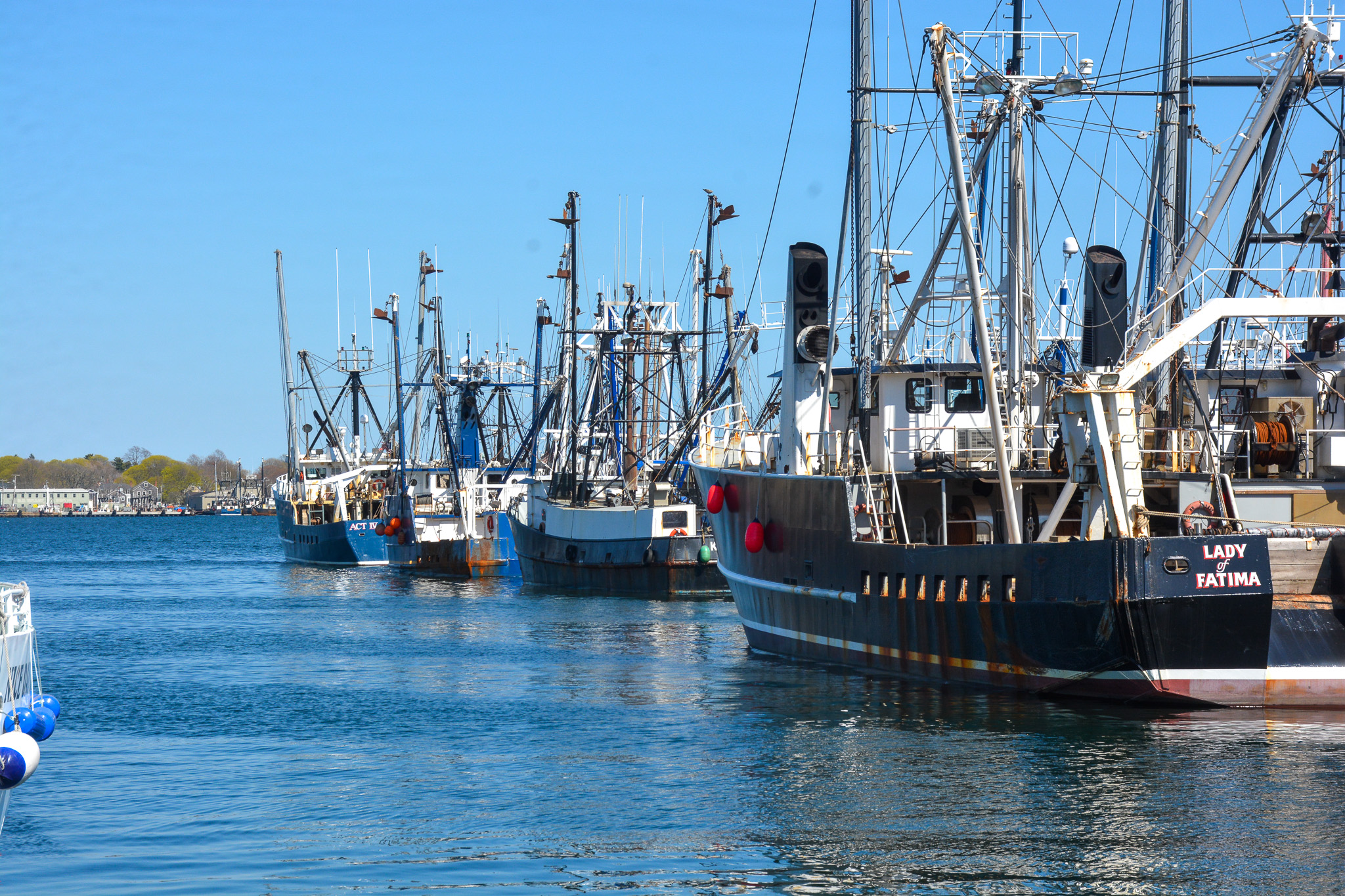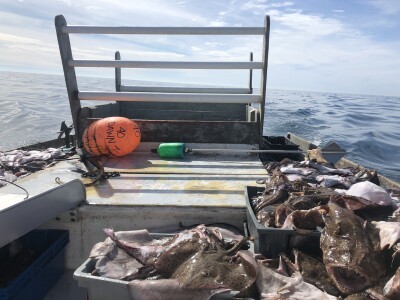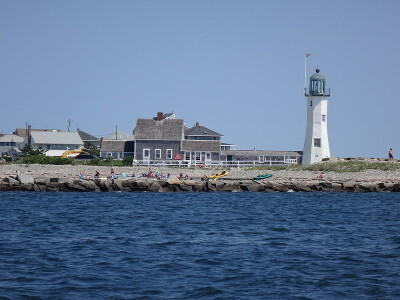A new program to plan low- and zero-emissions energy technology for the Massachusetts fishing industry is getting nearly $2 million as part of the recently passed federal Omnibus Appropriations Act for 2023.
Called Energy Efficient Fisheries (EEF), the project aims to “ensure that fishing vessels and fish plants of all sizes in every port in Massachusetts are able to become a part of the energy revolution, using tools and approaches scaled for their businesses,” backers said in an announcement this week.
“Cape Cod Bay is warming at an alarming rate, and so the pace of our investment in innovative technologies and in our historic fishing industry has to keep up,” said U.S. Sen. Edward J. Markey (D-Mass.) who with Sen. Elizabeth Warren got $1.991 million in funding for the program.
“Thanks to the leadership of Senator Markey and Senator Warren, the Massachusetts fishing industry will be part of the energy revolution,” said Angela Sanfilippo, president of the Gloucester Fishermen’s Wives Development Program, which has a lead role in organizing the project, in partnership with other industry and clean-energy groups.
“Our fishermen have known for decades that climate change is a threat, and we’re stepping up to do our part,” said Sanfilippo. “Together, we will find opportunities to save on the fuel bill, reduce emissions, and deliver on the promises of efficiency and a lower carbon footprint that have benefited many other business sectors here already. We’re a diverse industry, and we’re going to find diverse energy efficiency solutions together with everyone in this amazing seafood state.”
Seafood processors are involved in the planning, and the outcome could have direct benefits to both fishermen and consumers.
“High energy costs multiply the price of seafood paid by consumers,” said Robert Nagle of Boston’s John Nagle Co., a fourth-generation seafood businessman.
“Many stages of the process require power, from processing machinery to refrigeration for storage, transportation, and retail showcases,” said Nagle. “Reducing operating costs through energy efficiency will reduce prices paid by the seafood consumer and allow buyers to pay a higher price to fishermen, adding value that drives their success while ensuring a prosperous future for locally harvested seafood and food security for the Commonwealth.”
The plan calls for scaling solutions that can be adapted to all sectors of the fleet.
EEF projects will include a fishing and seafood industry baseline and energy needs assessment, fishing vessel energy audits, professional development for advanced technology installation and service for specialized marine applications, and consultancy services for business owners seeking to access low-cost capital and grant funding for fuel efficiency investments.
“Fishermen from all ports in Massachusetts operating vessels of all sizes in all our fisheries are going to benefit from this enhanced efficiency,” said Jim Kendall, executive director of New Bedford Seafood Consulting. “Under this approach, we’re going to use our ingenuity to build a program that works for our unique industry.
"Bottom-up planning, bringing in the expertise of the women and men who will ultimately use and depend on these new technologies, is the right way to go.”
“High fuel prices, old technology, and regulations that disincentivize moving to new and efficient approaches - these are some of today’s challenges for Massachusetts fishermen,” said Ed Barrett, president of the Massachusetts Fishermen’s Partnership. “This project is going to pave the way for a great deal of solutions for our fisheries, and I’m glad to see a statewide effort like this taking shape.”
Al Cottone, executive director of the City of Gloucester Fisheries Commission, said “we’ve unfortunately fallen behind our European counterparts in energy efficiency across the board, and that’s certainly true for seafood and fishing.
”If our domestic industry is going to catch up, it’s going to take a coordinated planning effort like Energy Efficient Fisheries that includes local government, business buy-in, and cutting-edge technology. This project sets us up for success.”
“All of us, in every industry, can find ways to decarbonize”, said Larry Chretien, executive director of EEF project partner Green Energy Consumers Alliance. “We are very happy that Massachusetts commercial fishermen are being so proactive and we’re looking forward to working with fishermen and business owners large and small across the Commonwealth to find the decarbonization options that are right for them.”







